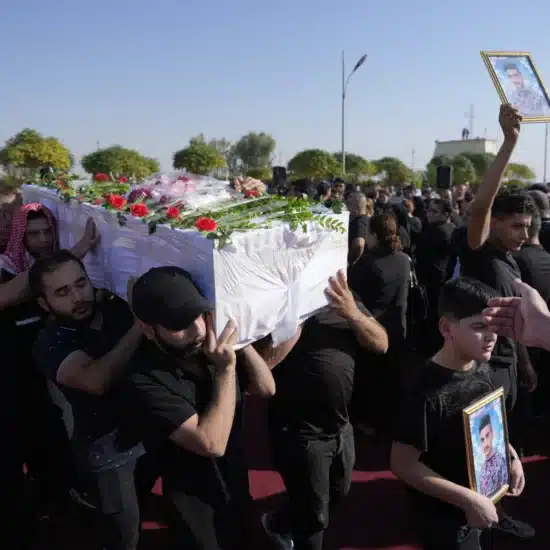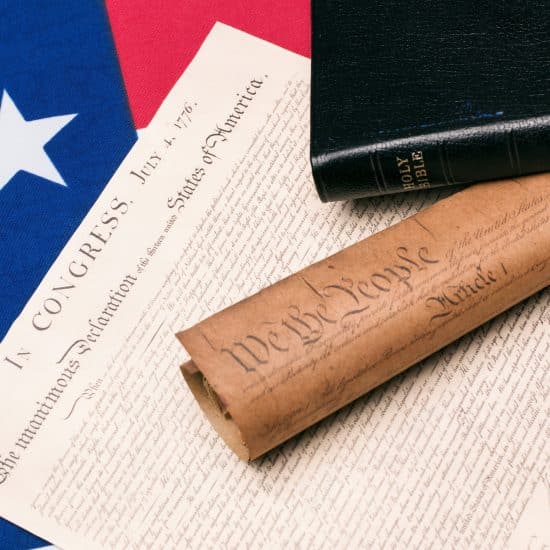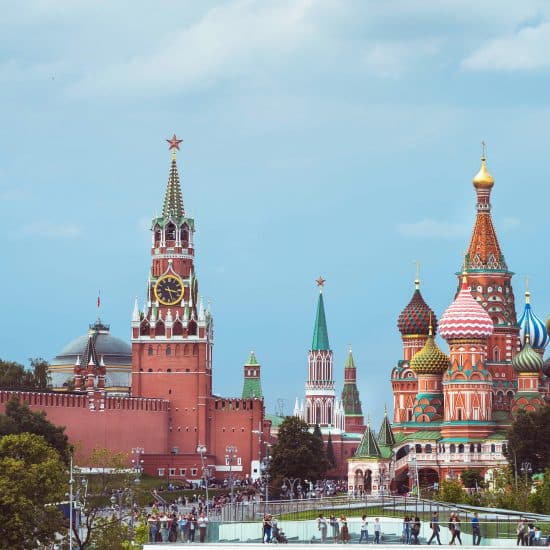WASHINGTON (ABP) – The State Department released an annual report Sept. 13 detailing violations of religious freedom around the world.

Suzan Johnson Cook
|
Suzan Johnson Cook, an ordained Baptist minister recently sworn in as United States ambassador-at-large for international religious freedom, said the report outlining the state of religious liberty in 198 countries revealed key trends in how many governments and societies repress religion.
Too often, she said, governments violate religious freedom both through intentional restriction and by failing to prosecute vigilante violence and persecution against religious minorities. She said the U.S. shares “deep concern” about the targeting of individuals based on their religion and opposes laws banning blasphemy, apostasy and heresy used to persecute locally unpopular religious groups. Other concerns include restrictions on attire or places of worship and actions that “willfully exploit tension or perpetuate negative stereotypes.”
The report, mandated by a law passed in 1998, singled out eight “countries of particular concern” found to be the worst violators of religious freedom. When appropriate, the government may apply sanctions on those countries, or sanctions can be waived if there are national security concerns or the offending government is taking steps to reform.
Countries of particular concern include Burma, where religious activity and organizations are subject to restrictions. Hundreds of monks remain in prison since demonstrations in 2007, and the government continues to promote one form of Buddhism over other religions, particularly those of ethnic minorities. Christian groups struggle to get permission to build or repair places of worship and the regime continues to monitor and restrict Muslims.
China permits only religious groups affiliated with one of five state-sanctioned “patriotic religious organizations” to register, hold worship services and apply to offer social services. In October authorities prevented Christian leaders from unregistered churches from traveling to the Third Lausanne Congress on World Evangelization in South Africa and reportedly subjected detainees to beatings and confiscation of passports.
Eritrea, a country in the Horn of Africa, continues to arrest and imprison thousands of believers. There have been reports of 2,000 to 3,000 members and pastors of unregistered churches detained without trial, along with forced renunciations of faith, torture and death in prison.
In Iran reports continue of government imprisonment, harassment, intimidation and discrimination based on religion. All non-Shiite religious groups have been targeted, most notably Bahais, but also Sufis, Christians, Jews and Shia who do not share the government’s religious views.
North Korea’s government violates the rights of individuals to choose and practice their religious faith. The government also has been accused of using authorized religious entities for external propaganda and political purposes.
Saudi Arabia prohibits the public practice of any religion other than Islam. There is no separation between state and religion, and non-Muslims reportedly worship in secret due to fear of arrest or deportation.
Compiled prior to this July’s declaration of independence of the Republic of South Sudan, the report found the government in the north did not respect religious freedom in law or practice, and there were reports of societal abuses and discrimination based on religious faith or practice. The Government of National Unity favored Islam and restricted some religious minorities in the north, but laws calling for punishment by death or prison for conversion from Islam and laws calling for imprisonment for blasphemy were rarely enforced. The government of southern Sudan respects religious freedom and there were no reports of abuse.
Uzbekistan enforced laws prohibiting activities of unregistered groups. Fines and jail terms were imposed on violators from minority religious groups, and the government also has dealt harshly with Muslims who discuss religious issues outside of sanctioned mosques.
Ambassador Cook said the goal in designating worst offenders is not just to denounce abuses, but to expose persecutors to international scrutiny and encourage reform.
Secretary of State Hillary Clinton highlighted steps in the latest report to improve religious freedom and promote religious tolerance. They included adoption in March of a UN Human Rights Resolution introduced by the Organization of Islamic Cooperation calling on states to take concrete action against religious bigotry.
“We have also seen Turkey take serious steps to improve the climate for religious tolerance,” Clinton said. “The Turkish government issued a decree in August that invited non-Muslims to reclaim churches and synagogues that were confiscated 75 years ago…. Turkey also now allows women to wear headscarves at universities, which means female students no longer have to choose between their religion and their education. “
-30-
Bob Allen is managing editor of Associated Baptist Press.






